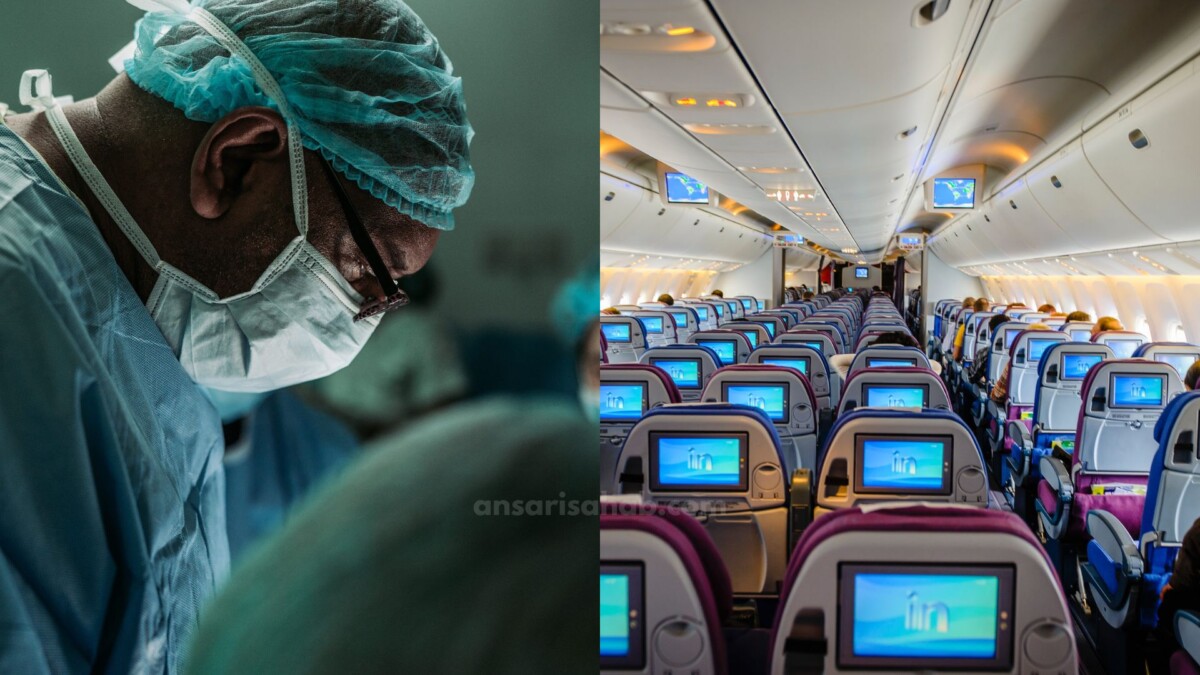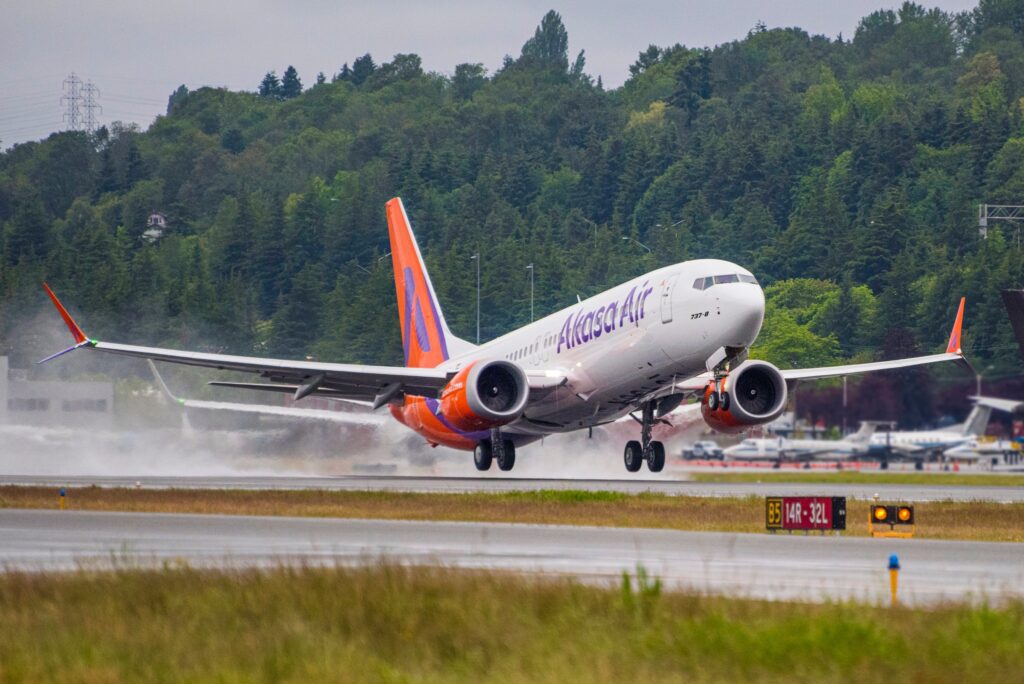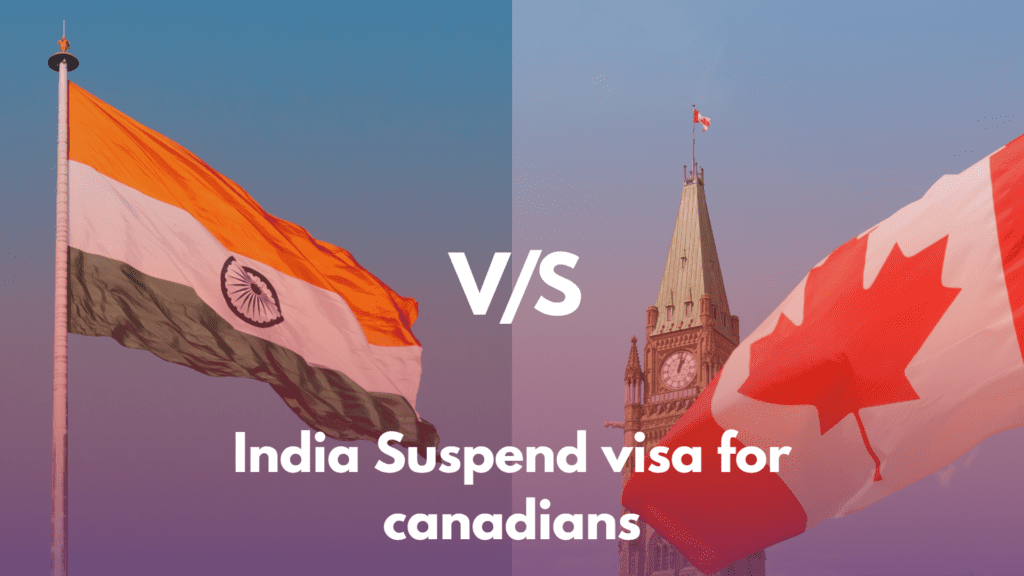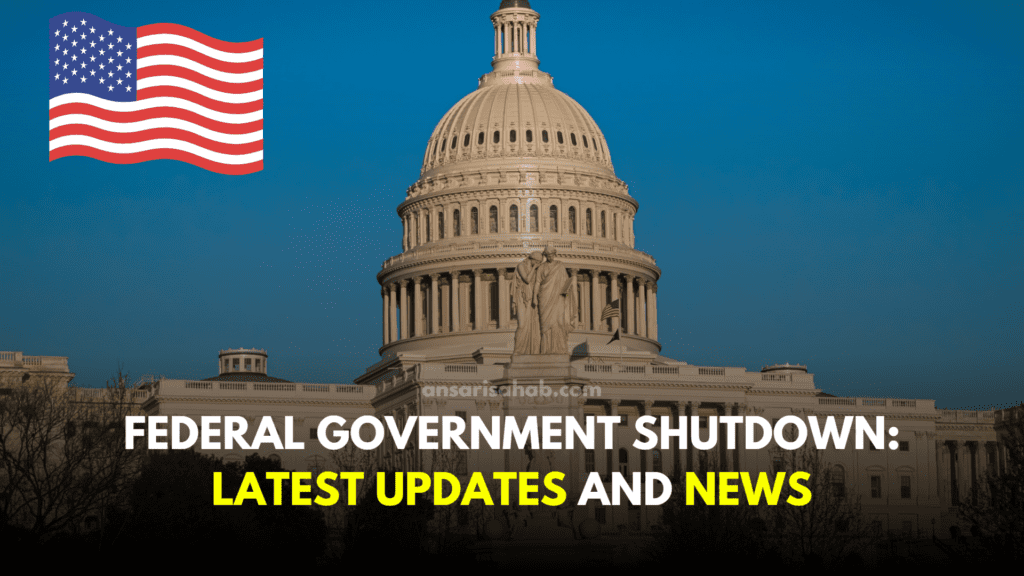A recent incident aboard a long-haul flight has reignited a complex debate: When a medical professional finds themselves on a plane during an in-flight emergency, are they obligated to help? The story, which went viral after the doctor involved shared his reasoning on social media, has sparked heated discussions about ethical responsibility, personal boundaries, and the unique challenges of providing care in the cramped confines of an airplane.
The doctor, an internal medicine hospitalist, stated that he had consumed alcohol several hours earlier, raising concerns about his ability to provide competent medical assistance. He faced criticism and accusations of neglecting his duty, but also garnered support from those who emphasized his right to personal time and the unpredictable nature of in-flight emergencies.
This incident presents a critical juncture, demanding a nuanced examination of the various viewpoints involved. Let’s dive deeper into the ethical and practical considerations at play:
The Case for the Doctor:
The doctor, an anonymous Reddit user, explained that he was returning from a vacation and had enjoyed a few alcoholic drinks before the in-flight emergency. He acknowledged his responsibility as a medical professional but expressed concern about the potential legal and ethical implications of providing care while under the influence. Offering medical assistance under such circumstances could be considered reckless and potentially endanger the patient. Additionally, the doctor argued that his personal time deserves respect, and forcing him to work outside his professional setting sets an unhealthy precedent.
The Passenger’s Perspective:
For the passenger facing a medical emergency, the doctor’s refusal likely felt callous and insensitive. Caught in a vulnerable situation, with potentially life-threatening circumstances, the passenger’s immediate need for assistance overrides any consideration of the doctor’s personal choices. The expectation of help from a medical professional, especially in a confined space with limited resources, is understandable and highlights the moral dilemma at play.
Suggested: Earthquake and Tsunami Strike Japan: A Nation Tested Yet Again
The Ethical and Legal Landscape:
Medical ethics dictate that doctors prioritize patient well-being above all else. However, this principle exists within a framework of informed consent and responsible medical practice. Providing care under the influence of alcohol clearly violates these principles, potentially leading to malpractice lawsuits and jeopardizing the doctor’s license. Additionally, many airlines have policies that prohibit doctors from practicing on board unless they are pre-approved by the airline or the situation is deemed life-threatening.
Beyond the Binary:
The situation transcends a simple right-or-wrong narrative. The doctor’s decision was undoubtedly influenced by personal factors, but his concerns about legal and ethical repercussions are valid. On the other hand, the passenger’s need for assistance is undeniable, and the emotional distress caused by the doctor’s refusal is understandable.
Finding Common Ground:
Instead of resorting to accusatory language and polarized opinions, a more constructive approach involves acknowledging the complexities of the situation and seeking solutions that address both the doctor’s concerns and the passenger’s needs. Airlines could implement clearer policies regarding in-flight medical emergencies, including pre-approved volunteer doctors or protocols for obtaining assistance from ground-based medical teams. Additionally, open communication and understanding between passengers and medical professionals on board can help manage expectations and mitigate potential conflicts.
The Case for Intervention:
- Professional Obligation: Doctors take an oath to uphold the highest ethical standards, which includes providing care to those in need whenever possible. This applies regardless of circumstances, including being off-duty or in an unfamiliar environment.
- Moral Imperative: The Hippocratic Oath, while not legally binding, represents a core principle of the medical profession: “to do no harm.” This extends to acting in situations where inaction could lead to serious consequences or even death.
- Social Contract: Doctors benefit from societal trust and respect, often granted with the expectation of offering assistance in moments of crisis. This implicit agreement creates a sense of responsibility, even outside the traditional hospital setting.
The Airline’s Responsibility:
Airlines are entrusted with the safety and well-being of every passenger onboard. While they train cabin crew in basic first aid, complex medical emergencies require trained professionals. Having a policy in place for identifying and utilizing medical personnel on board is crucial. Additionally, ensuring clear communication protocols with ground medical teams can bridge the gap between in-flight emergencies and landing-based interventions.
The Case for Refusal:
- Patient Safety: Impaired judgment due to alcohol consumption can endanger patients. Providing inaccurate diagnoses or administering incorrect treatment in a time-sensitive situation could have dire consequences.
- Personal Limits: Doctors, like any other individual, have the right to personal time and the freedom to enjoy recreational activities without constant professional obligation. Forcing them to operate outside their comfort zone and expertise could lead to burnout and resentment.
- Unprepared Environment: Airplanes lack the necessary equipment and resources for complex medical procedures. Additionally, factors like turbulence and altitude limitations can further complicate emergency care.
Finding Balance: A Path Forward:
This situation cannot be resolved with a simple binary answer. Instead, it calls for a multifaceted approach that acknowledges the validity of both perspectives:
- Transparency and Disclosure: Doctors should be forthcoming about their limitations, allowing passengers and crew to make informed decisions about seeking alternative assistance.
- Open Communication: Airlines can prioritize clear guidelines and protocols for in-flight medical emergencies, outlining expectations for both passengers and medical professionals on board.
- Collaborative Care: Encouraging teamwork between on-board medical personnel, if any, and qualified passengers with relevant expertise can create a more robust support system for emergency situations.
- Focus on Training: Equipping flight attendants and passengers with basic first-aid skills and emergency response training can bridge the gap in situations where professional medical help is unavailable.
Ultimately, this incident serves as a stark reminder of the complexities of ethics in the modern world. While upholding professional responsibility is paramount, acknowledging individual limitations and respecting personal boundaries is equally crucial. The answer lies in fostering open communication, promoting collaborative care, and prioritizing patient safety above all else. Only then can we ensure that those who take to the skies are met with the right kind of support, whether a doctor is present or not.









